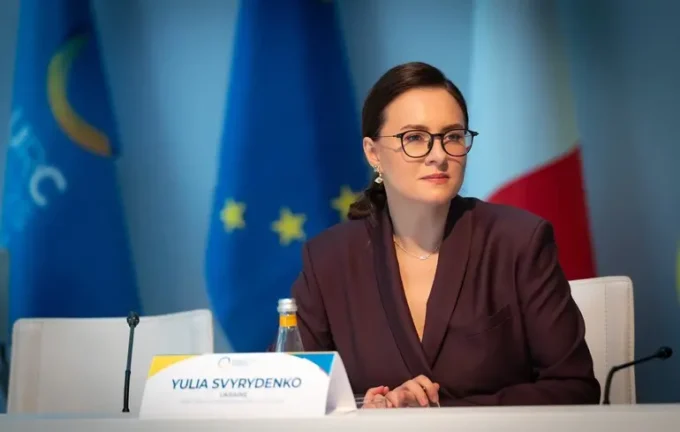Polygraph Test for BEE Director Candidate: Political Pressure and Legal Debates at the Forefront

In the latest chapter of Ukraine's political story, questions regarding the appointment of the head of the Bureau of Economic Security (BEE) have come to the forefront.
Recently, Prime Minister Yulia Sviridenko announced her stance that Alexander Civinsky, the candidate who passed the competitive selection process and was officially approved for the role, should undergo a polygraph test before assuming the position.
This statement sparked a wave of criticism and outrage from experts and public figures.
They question the legality and appropriateness of such a requirement, highlighting that Ukrainian legislation does not stipulate the use of polygraphs as a mandatory condition for appointing leaders of government agencies.Martina Boguslavets, head of the Anti-Corruption Center “Mежа,” harshly criticized this initiative, raising several questions: “Ms.
Sviridenko, show us where the law states that a candidate must undergo a polygraph before appointment to BEE?,” she asked rhetorically.
She pointed out that the results of polygraph tests have no legal force according to law and are likely used for political manipulation.
“Who will administer the polygraph to Civinsky — SBU? And will all government members also be subjected to such testing?” she questioned.
The core issue remains the legality of these actions; experts warn that any decision based on illegal procedures risks being overturned legally and undermines process transparency.Furthermore, political tensions deepen as delays in appointing the BEE director continue.
Sources suggest that in June, the selection committee chose Civinsky, who was praised for meeting professional and legal standards.
However, in July, the government decided to reject this decision, and the committee submitted a second candidacy, reaffirming her compliance with all legal requirements.
This has triggered further debates, especially since opposition figures and anti-corruption authorities accuse higher authorities of political interference aimed at controlling the agency established to combat corruption and ensure economic security.
Martina Boguslavets notes that attempts at influence and disruption of the appointment process reveal ongoing political manipulation rather than a proper legal procedure.
The situation highlights the ongoing struggle for transparency and independence within Ukraine's anti-corruption infrastructure and underscores the importance of adhering strictly to the law and international commitments.

